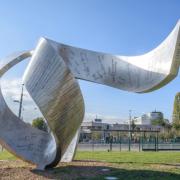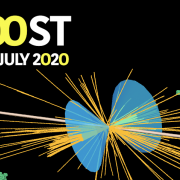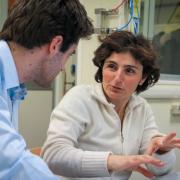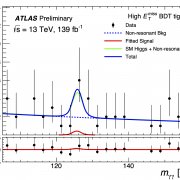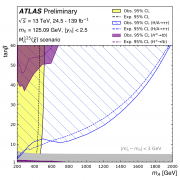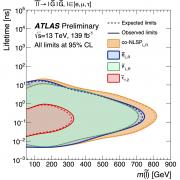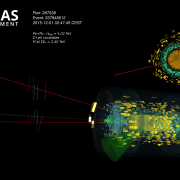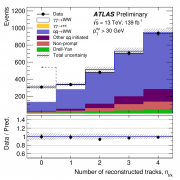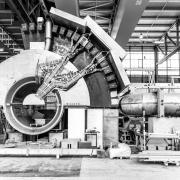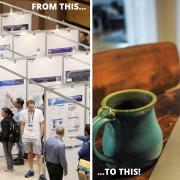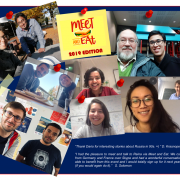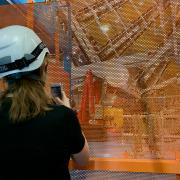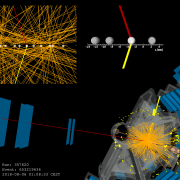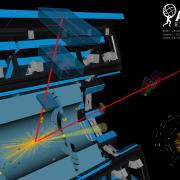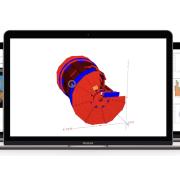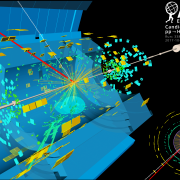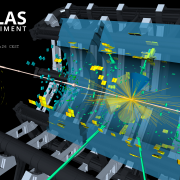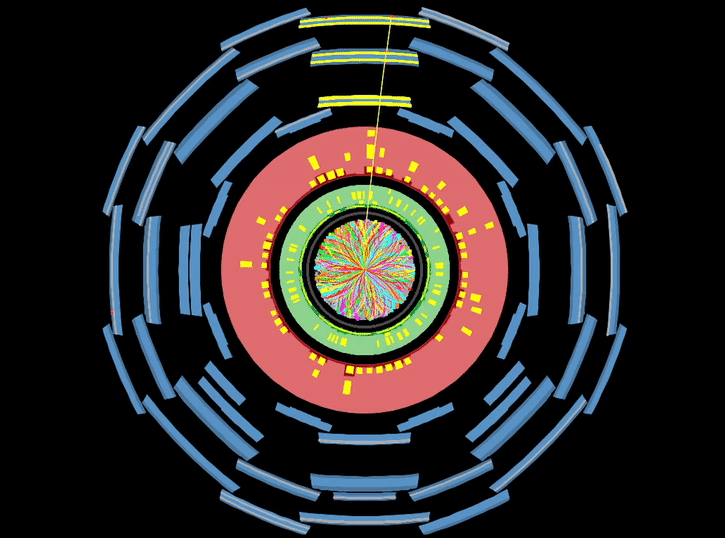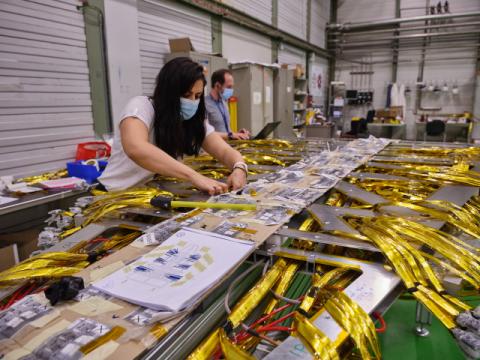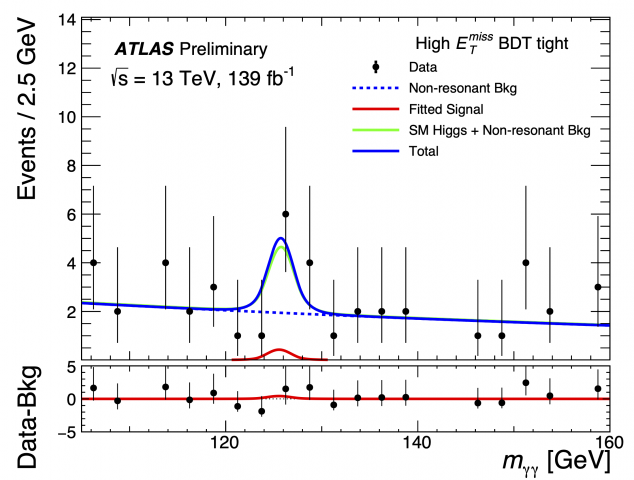Access to Collaboration Site and Physics Results
Updates tagged: “LHCP 2020”
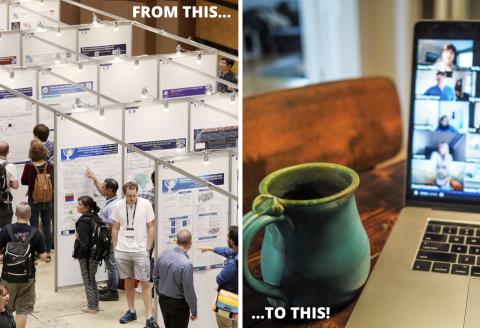
You want me to present a poster…. remotely?
Though an academic affair, poster sessions are also an opportunity to network and socialise with colleagues. Typically, a large hall will be filled with rows of poster stands, their authors standing anxiously beside them, anticipating whatever question may be posed by a passer-by. Finger food and drinks are usually served. Sometimes these encounters lead to in-depth discussions about a new result but, more often than not, they just serve as ice-breakers for would-be colleagues, or a kind of “physics buffet” for conference attendees to sample subjects outside their specialization. Could such an experience be recreated in an online conference?
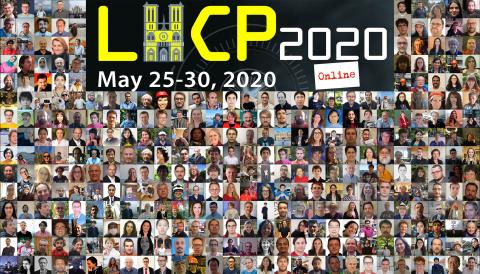
Physicists gather online for the Large Hadron Collider Physics conference
The eighth Large Hadron Collider Physics (LHCP 2020) conference concluded today, 30 May, in Zoom rooms around the world. Instead of descending on Paris to meet, particle physicists held the conference fully online for the first time. As a result, LHCP 2020 welcomed some 1300 registered participants – nearly triple its previous record of attendance. A bumper crop of new ATLAS results were prepared for the conference covering a broad range of topics, from precise measurements of the Standard Model to novel searches for new physics. These new results probed the full dataset collected during Run 2 of the LHC (2015-2018) – a proven gold mine for ATLAS’ rich physics programme.
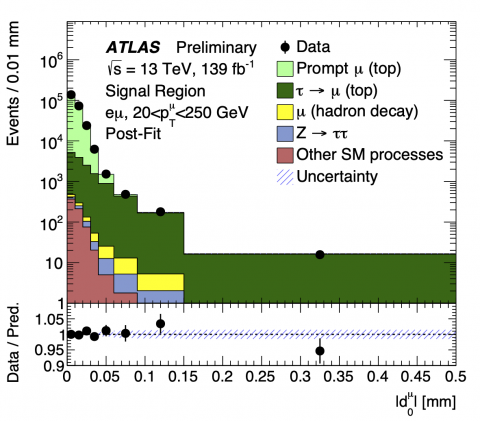
New ATLAS result addresses long-standing tension in the Standard Model
This week, at the LHCP 2020 conference, the ATLAS Collaboration presented a precise measurement of lepton flavour universality using a brand-new technique. Physicists examined collision events where pairs of top quarks decay to pairs of W bosons, and subsequently into leptons. They then measured the relative probability that this lepton is a muon or a tau-lepton – a ratio known as R(τ/μ). According to the Standard Model, R(τ/μ) should be unity – but there has been long-standing tension with this prediction, ever since it was measured at the Large Electron-Positron (LEP) collider in the 1990s.
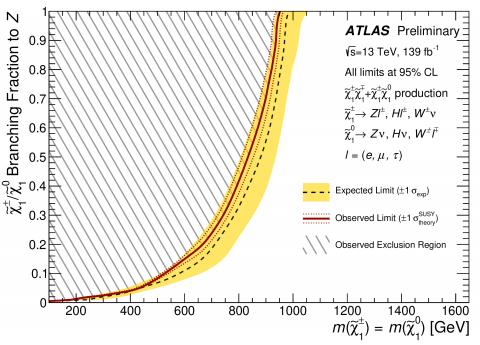
Fantastic decays and where to find them
Supersymmetry offers an elegant solution to the limitations of the Standard Model, extending it to give each elementary particle a “superpartner” with different spin properties. Yet SUSY also contains interactions that would cause phenomena not observed in nature, such as the decay of protons. This has traditionally been avoided by requiring the conservation of a property known as “R-parity” (or “matter-parity”), which incorporates the baryon number, lepton number and spin. ATLAS physicists are also considering SUSY models with R-parity violation (or “RPV”), which would allow the lightest SUSY particle to be observed decaying directly into Standard Model particles.
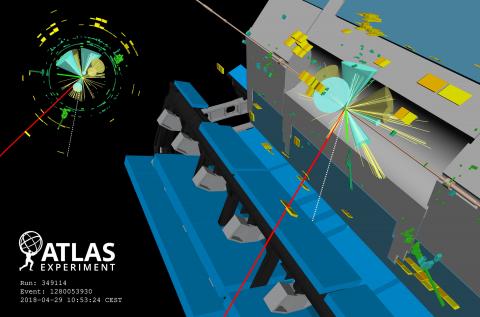
ATLAS finds evidence of spectacular four-top quark production
In a new result released today, the ATLAS Collaboration announced strong evidence of the production of four top quarks. This rare Standard Model process is expected to occur only once for every 70 thousand pairs of top quarks created at the LHC and has proven extremely difficult to measure.
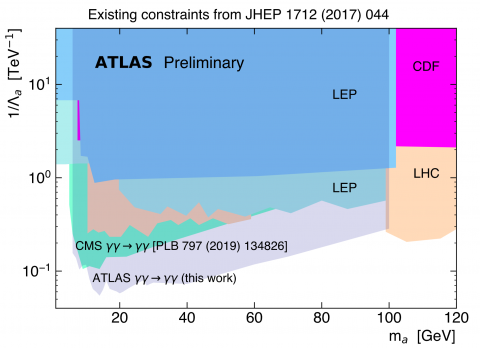
ATLAS measures light scattering on light and constrains axion-like particles
Light-by-light scattering is a very rare phenomenon in which two photons – particles of light – interact, producing another pair of photons. Direct observation of this process at high energy had proven elusive for decades, until it was first seen by the ATLAS Collaboration in 2016 and established in 2019. In a new measurement, ATLAS physicists are using light-by-light scattering to search for a hyped phenomenon beyond the Standard Model of particle physics: axion-like particles.
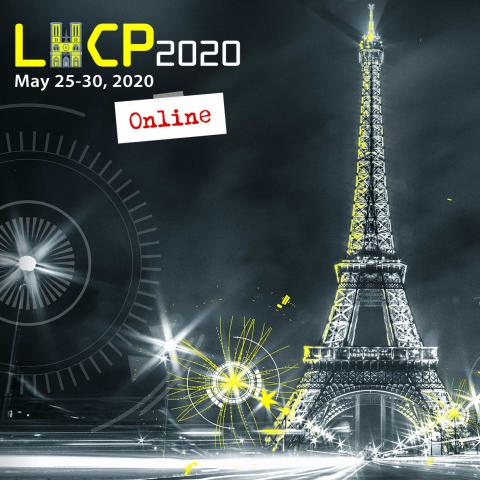
Summary of new ATLAS results from LHCP 2020
The eighth annual conference on Large Hadron Collider physics (LHCP 2020) kicks off today in video-conference rooms around the world. This week-long event is usually an opportunity for physicists from around the world to meet in person and share the latest news from their LHC experiments. This year, due to the COVID-19 pandemic, the conference is being held online.


